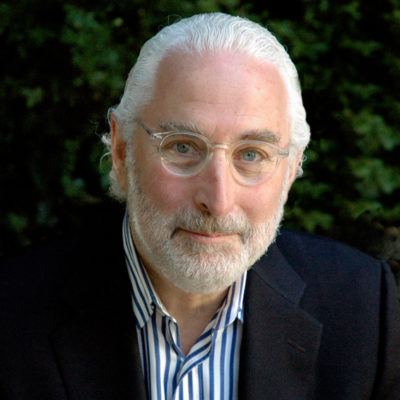‘Legal Asylum’: An Interview With Stanford Law Professor And Novelist Paul Goldstein
Summary
Much of what you’ll read about legal education in the pages of Above the Law is, well, a bit depressing. These are tough times for law schools, as well as their students, graduates, and professors. Occasional good news, like a law school with skyrocketing applications, is outweighed by stories like law students turning to a food bank to make ends meet.
For a refreshing change of pace — still critical of law schools, but designed to make you laugh instead of cry — check out Legal Asylum, a new satire of legal academia by Professor Paul Goldstein of Stanford Law School. As I said in my blurb for the book, “This biting satire by a longtime law professor offers frightening insights into the modern American legal academy.” And it’s also quite funny in parts, containing “plenty of effective satire, particularly for U.S. News aficionados,” as resident book critic Harry Graff opined in these pages.
What’s the background behind this interesting new novel? I recently interviewed Professor Goldstein, and here’s a (lightly edited and condensed) write-up of our conversation.
DL: In Legal Asylum, you masterfully capture the legal profession’s obsession with ranking and pedigree — for example, the famed and feared U.S. News rankings of law schools, which play a major role in the novel. Can you tell us a bit about your own path through the profession, and how you made your way to holding an endowed chair at a top-three law school?
PG: I was very fortunate to get my start in law teaching at a state law school, and long before the rankings game got underway. I say “fortunate” not because that law school was in any way the model for the state law school in Legal Asylum — I promise you, it wasn’t — but because my experience there underpins my strong skepticism that the U.S. News hierarchy offers any useful information about differences across broad tiers of American law schools. Are there law schools that shouldn’t be in business today? ATL covers that story very effectively. But like countless other schools, state and private, that didn’t make it into the top tiers once rankings began, we were preparing students for the practice of law as effectively as any law school in the country. That said, I feel extraordinarily lucky to have landed at Stanford.
DL: This is not your first foray into fiction; Legal Asylum is actually your fifth novel. But it’s your first set in the legal academy, even though serving as a law professor is your “day job.” What took you so long to write about the law-school world — and what gave you the idea to do so?
PG: I had been keeping a file folder of tidbits about the legal academy for decades without knowing whether they were for a dramatic novel or a comic one. The contortions that law schools go through to keep from slipping down the U.S. News ladder could read as tragedy or comedy. But then a conversation with a friend who teaches in our medical school finally resolved the book’s direction. The look of shocked disbelief on his face when I explained to him that tenure and career advancement for law professors turn not on publication in peer-reviewed journals like the ones where he and his colleagues publish, but on publication decisions made by student editors at law reviews, left me no choice but to write this as comedy. But a strong story is as important in comedy as it is elsewhere, and I’m glad I had the skills from the four earlier novels to build the story in Legal Asylum.
Read More
